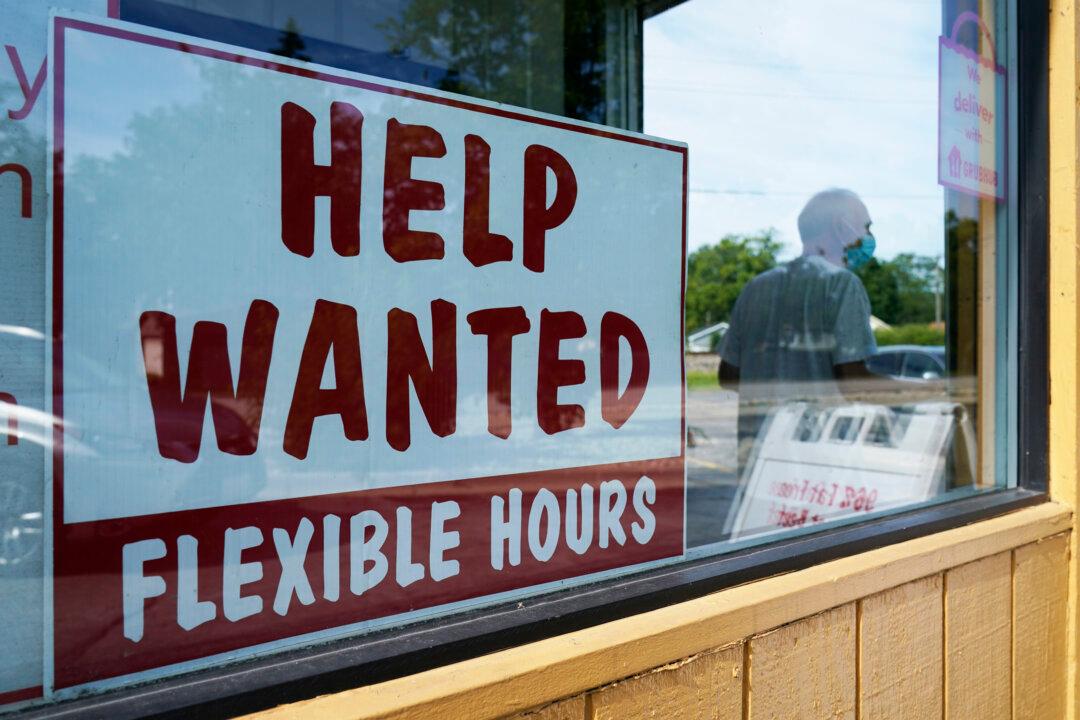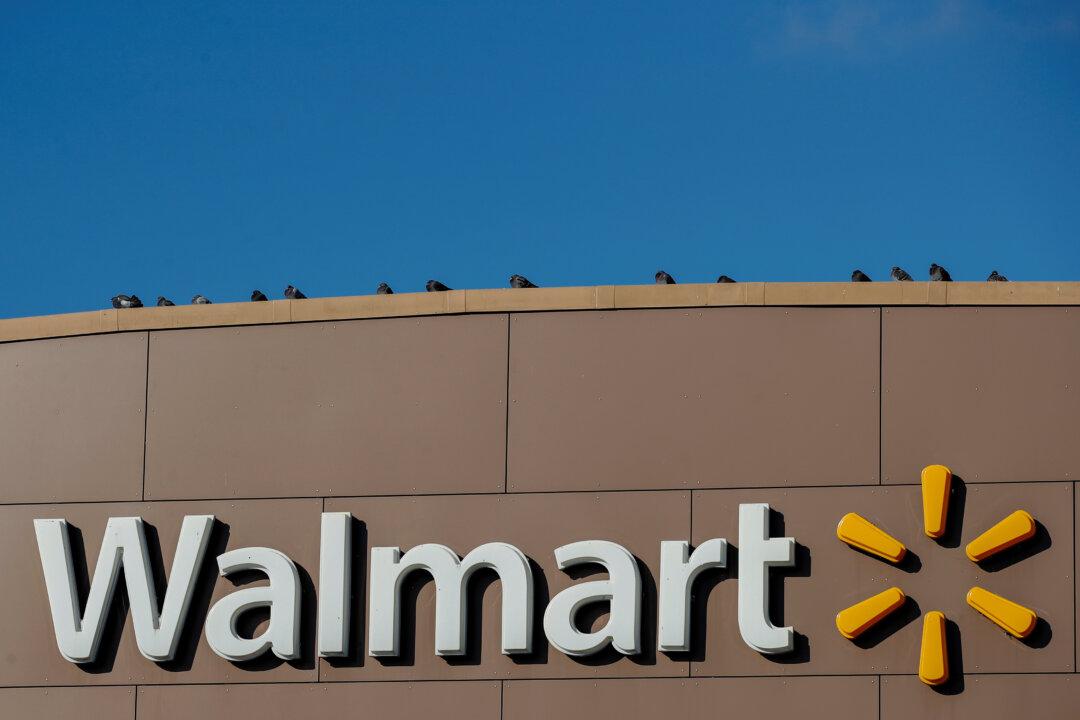A survey of economists released on Monday found that respondents expect the Federal Reserve to make modest progress this year in its fight against inflation, even while keeping its benchmark interest rate at a 16-year high.
The National Association for Business Economics’s (NABE) survey included responses from 45 economists. The group forecasts inflation to average 4.2 percent this year, up from a 3.9 percent forecast in the group’s previous survey in February. This is above the Fed’s inflation target of 2 percent.




